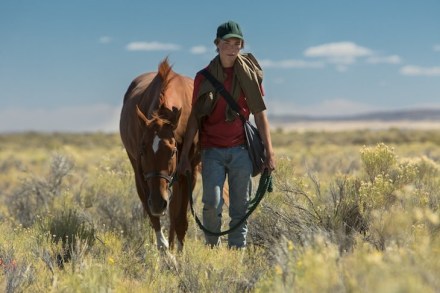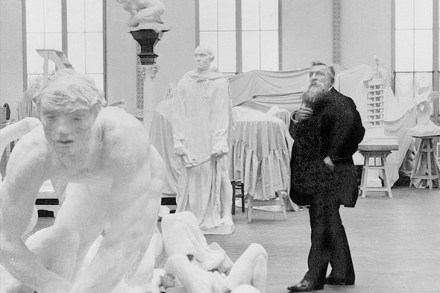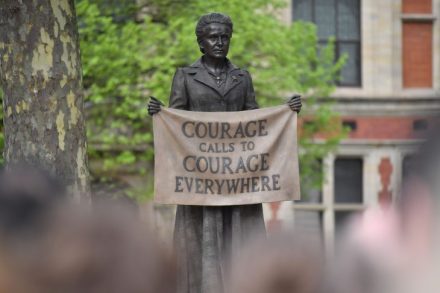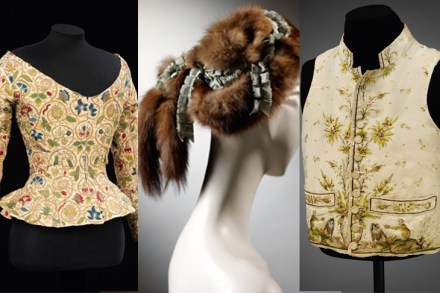The horse and his boy
Andrew Haigh makes inaction films. Weekend (2011) tells of two young homosexuals getting to know each other in Nottingham. In the wintry marital drama 45 Years (2015) two old heterosexuals get to unknow each other in Norfolk. The canvases are miniature, the resonances crevasse-deep. His third film, Lean on Pete, brings a change of scene and scope. And volume. Hooves thunder. A fatal gunshot goes off. Ornery men bawl and holler. There is a devastating road accident, and a climactic act of hideous violence. It’s as if Haigh has contracted ’roid rage. What he’s actually done is get on a plane to Oregon to adapt a novel by Willy Vlautin.





















